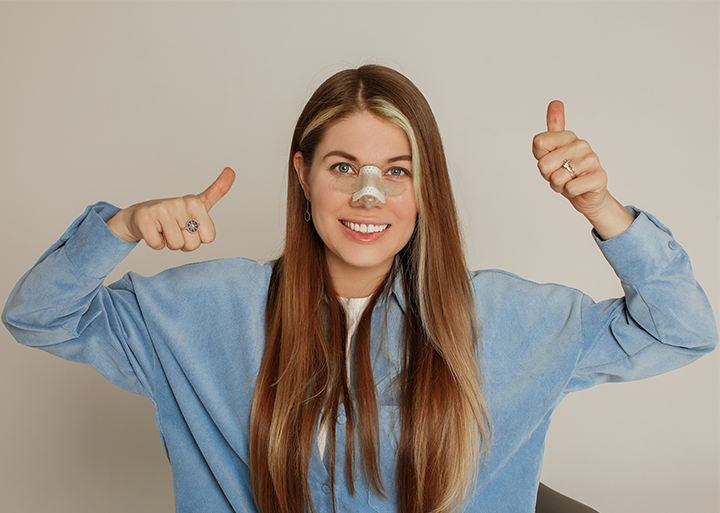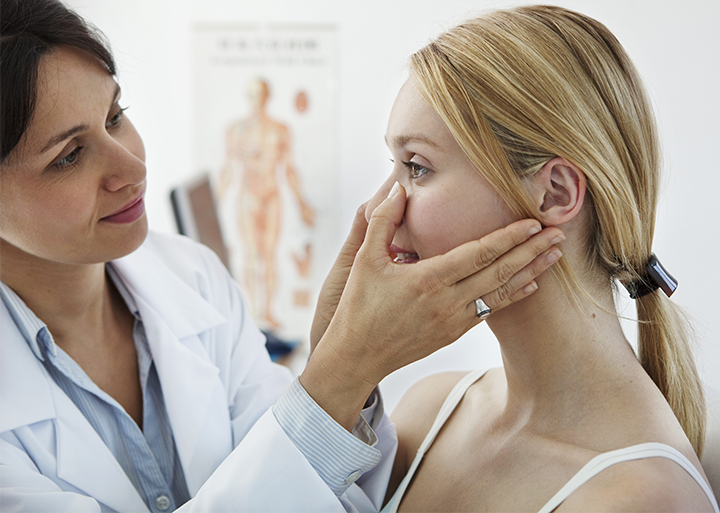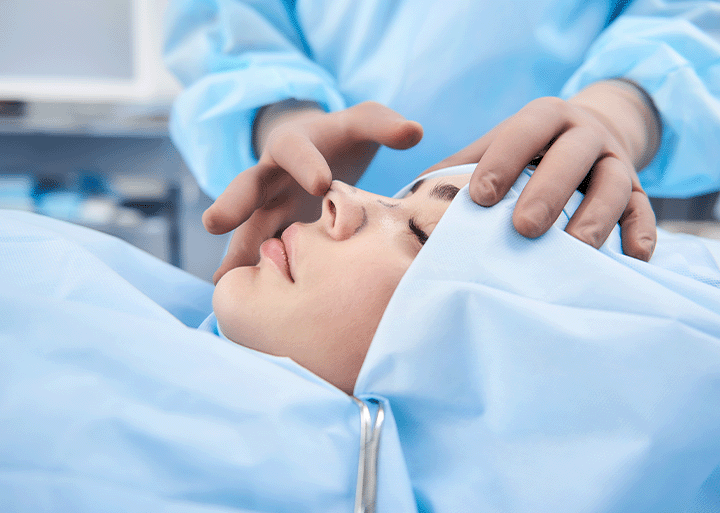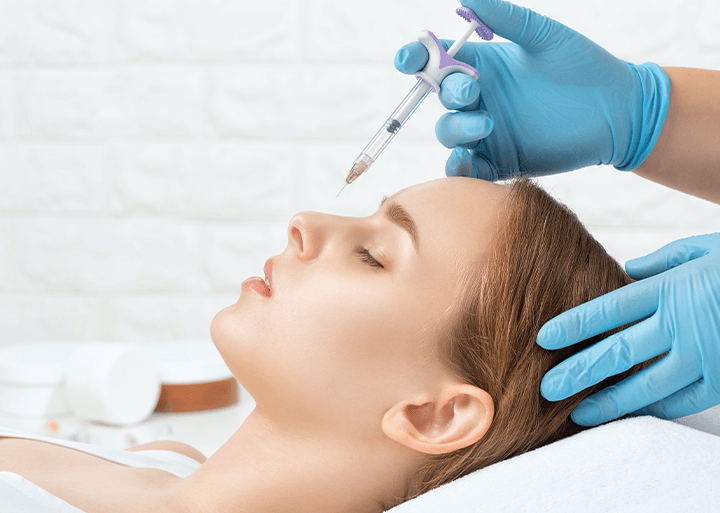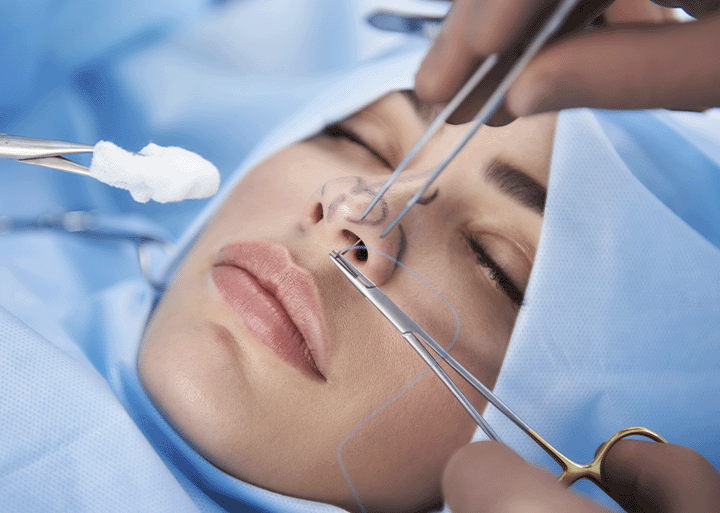
-
Heed Your Doctor’s Advice
There may be countless articles online dictating what you can and can’t do but since the surgeon is directly involved in the operation and has extensive knowledge regarding your specific case history in detail. It is paramount to listen to your doctor’s instructions and recommendations. Book frequent follow-up consultations as this will mitigate any post-operation concerns or problems. Your doctor will give you specific instructions on which medication to take and when to take them, as well as how to take care of the surgical site and prevent infection.
-
Get Plenty of Rest
You are probably not going to feel like doing much of anything after your rhinoplasty procedure and this is fine. Make sure you are getting adequate sleep each night (seven to eight hours). The body is using abundant energy while tries to heal itself. A full night’s rest gives your body that much needed time to restore that energy. Flying after your surgery is generally discouraged for at least the first week, as this time is crucial for rest and light activity.
-
Eat Healthy
The last thing you want post-surgery is to be consuming foods that might compromise the body’s ability to properly heal itself. Having a well-balanced diet can help speed up your recovery time. For the first one to two days after your operation you should eat bland foods that are soft. This will help prevent an upset stomach from the anesthesia. For the next few days, you should still eat soft foods as it can be difficult and dangerous chewing hard food with your jaw. Foods like yogurt, scrambled eggs, mashed potatoes, chicken soup, etc.
High-fiber foods should be consumed during the recovery period as it will aid your digestive system by promoting normal bowel movement, therefore preventing potential constipation. Anti-inflammatory foods such as strawberries, blueberries, broccoli, mushrooms, grapes, tomatoes and dark chocolate will help reduce inflammation, which will allow the wound to heal much faster and easier.
-
Avoid Blowing Your Nose
For the first six or so weeks it is likely that you will experience some congestion. This is caused by swollen nasal tissues. Resist the urge to blow your nose and if needed speak to your doctor about treatment options such as saline-based nasal sprays that will help clear up congestion and mucus buildup. On a related note, avoiding any direct physical contact with your nose for the first six weeks is a must which includes wearing sunglasses, face masks and even scratching an itch. The smallest amount of contact can cause injury, so diligence is the key. What if I need to sneeze? Well, sneezing is unavoidable and can’t be controlled. Try sneezing through your mouth instead of your nose. Although this doesn’t sound pleasing, it is better than damaging fragile nasal passages and slowing down your recovery time.
-
Stay Cool and Avoid the Sun
Hitting the local sauna or a hot bowl of soup might sound good in cold weathers, but your swollen nose would argue otherwise. Heat can cause more swelling, which is why a diet of cool and room-temperature foods is recommended. Lukewarm showers and staying out of the heat will also do wonders. Sun exposure can cause scars to darken and swellings to increase and your nose will be more sensitive after the surgery. So, it should be protected accordingly.
